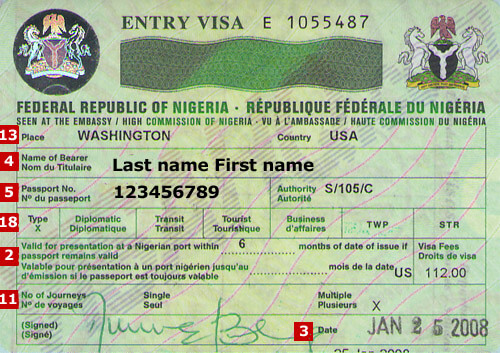Nigeria Embassy list in Uruguay
Need help?Chat with us
Why Trip Registration at the Nigeria Embassy is Important
Registering your trip with the Nigeria embassy is a crucial step for ensuring your safety while traveling abroad. In times of crisis, such as natural disasters, political unrest, or medical emergencies, the embassy can provide vital communication and support. For example, if a natural disaster occurs, registered travelers can receive timely alerts and guidance tailored to their location. During periods of political unrest, the embassy can coordinate assistance and facilitate safe evacuation measures. In cases of medical emergencies, the embassy can connect those in need with local healthcare services or provide instructions on accessing medical help. Overall, trip registration not only enhances personal safety but also ensures that the embassy can offer timely and effective support when it matters most.
Nigeria Embassy FAQs
Can the Nigeria embassy assist in legal issues abroad?
Yes, the Nigeria embassy can provide assistance in legal matters by directing you to local legal resources and offering guidance on navigating the legal system in Uruguay.What should I do if I lose my Nigeria passport in Uruguay?
If you lose your passport, you should report the loss to the local authorities and then contact the Nigeria embassy immediately to apply for a replacement passport.Does the Nigeria embassy offer help for stranded travelers?
Yes, the embassy provides support for stranded travelers, including assistance with travel arrangements and resources for finding temporary accommodation.Can the Nigeria embassy help in cases of detention?
The embassy can offer guidance and support for Nigerian nationals detained abroad, including legal assistance and communication with family.What types of visas can the Nigeria embassy issue?
The Nigeria embassy can issue various types of visas, including tourist, business, and student visas for foreign nationals wishing to travel to Nigeria.
Services Provided by Nigeria Embassies in Uruguay
Passport Services
- Issuance of new passports
- Renewal of expired passports
- Lost passport replacement
Visa Issuance for Foreign Nationals
- Tourist visa applications
- Business visa applications
- Student visa applications
Assistance in Legal or Medical Emergencies
- Guidance on local legal resources
- Support in cases of medical emergencies
- Coordination with local authorities
Travel Alerts and Safety Updates
- Notification of potential hazards
- Information regarding updates on safety
Support for Nationals Detained Abroad
- Assistance with legal representation
- Communication with families
- General case support
Summarized Diplomatic Presence
Nigeria maintains a diplomatic presence in Uruguay through its embassy, located in the capital city, Montevideo. The embassy primarily focuses on fostering bilateral relations, providing consular services to Nigerian nationals, and promoting Nigerian interests in the region. Its functions include facilitating trade, cultural exchange, and cooperation in international matters. Through its engagement, the Nigeria embassy forms a vital link between the two nations, enhancing mutual understanding and collaboration in areas like commerce, immigration, and education. The embassy’s efforts contribute significantly to the broader objectives of diplomacy and international relations within the South American context.
